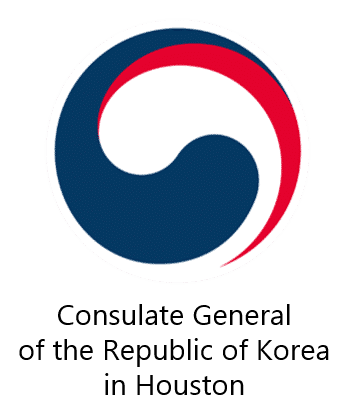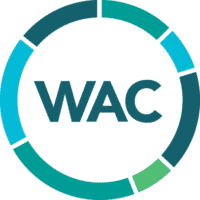
Republic of Korea & the U.S.: A Vital Alliance in an Uncertain World

About the event
Since the aftermath of WWII, through the Korean War, the Cold War and the major challenges of recent decades, the Republic of Korea (South Korea) and the United States have developed and strengthened one of the most important alliances in modern history. For years, the Republic of Korea has been a beacon and forerunner of both economic development and democracy for Asia and beyond.
During the last 30 years of the 20th century, the economy of the Republic of Korea grew at an average of about 9% per year, making it one of the most extraordinary economic transformations in the modern era. By significantly diversifying and modernizing its economy, deeply integrating into global markets and developing some of the best educated students in the world, the Republic of Korea became one of the world’s largest economies.
Since the 1980’s, the Republic of Korea has also served as a model for democratic development and political stability for the region and beyond. Despite the threat and proximity of authoritarian or communist regimes such as China, Russia and North Korea, the Republic of Korea has remained a touchstone for civil rights, fair elections and the rule of law.
The Republic of Korea has also become a global cultural force in the world through music, pop culture and other avenues. It is increasingly socially connected with US, with over 60,000 students studying in the US and thousands of Americans studying in the Republic of Korea each year.
Economic bonds between the two nations continue to strengthen with the United States-Korea Free Trade Agreement, known as KORUS, being signed in 2018. The US is the 2nd largest trading partner of the Republic of Korea. The Republic of Korea is the 6th largest trading partner for the US, the 3rd largest trading partner for the State of Texas, and the number one destination for US LNG – liquified natural gas.
Along with these promising attributes, long standing concerns continue for the alliance. Along with its massive economic growth and influence in recent years, China has taken an increasingly active and sometimes contentious role in East Asia. The ever-present dangers and unpredictability of the nuclear armed regime of North Korea threaten not just East Asia, but the world.
Ambassador Ho-Young Ahn and Ambassador Kathleen Stephens will discuss the current state of the alliance and what challenges and opportunities the future may hold for this vital partnership.
About the speakers
Ambassador Dr. Ho-Young Ahn is the President of the University of North Korean Studies, a premier institution for research and education of North Korea related issues. Ambassador Ahn used to be the Republic of Korea’s Ambassador to the United States (2013-17).
He has also served as Deputy Minister for Trade, First Vice Foreign Minister, and Ambassador to the European Union. Ambassador Ahn studied international relations and law at the Seoul National University (BA), the Georgetown University (MS), Korea National Open University (LLB) and the Georgetown Law School (LLM). He received a Ph.D degree (Hon) in political science from the Kyung-Nam University.
Ambassador Kathleen Stephens’ connection with Korea began in 1975 when she spent two years in Chungnam Province as a Peace Corps volunteer. She served as the U.S. Ambassador to the Republic of Korea from 2008 to 2011, the first Korean-language speaker and first woman in that role. She currently serves as the president and CEO of the Korea Economic Institute of America in Washington, DC.
Ambassador Stephens was a U.S. Foreign Service officer from 1978 to 2015. In addition to Korea, her other diplomatic postings included China, India, Yugoslavia and Northern Ireland. She was on the National Security Council staff in the 1990s, and served in senior positions at the Department of State, including Deputy Assistant Secretary of State for European Affairs (2003-2005), Principal Deputy Assistant Secretary of State for East Asian and Pacific Affairs (2005-2007), and acting Undersecretary for Public Diplomacy and Public Affairs (2012). Since 2015, she has been the William J. Perry Fellow at Stanford University’s Asia-Pacific Research Center (APARC), where she teaches classes on U.S. foreign policy, diplomacy and U.S.-Korea relations.

